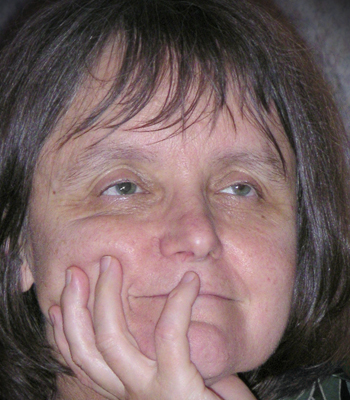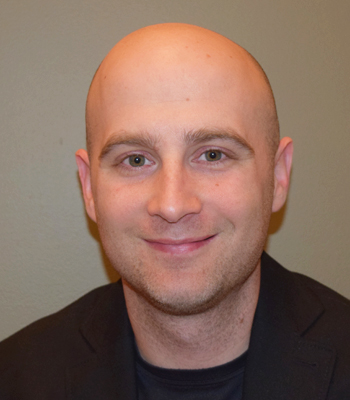CSBBCS Honors Two APS Members
The Canadian Society for Brain, Behaviour and Cognitive Science (CSBBCS) will honor APS Fellow Daphne Maurer and Evan Risko at its 25th Annual Meeting at Carleton University in Ottawa, Ontario, Canada.
 Daphne Maurer is the recipient of the 2015 Donald O. Hebb Distinguished Contribution Award honoring an individual who “has made a significant contribution to the study of brain, behaviour, and cognitive science.”
Daphne Maurer is the recipient of the 2015 Donald O. Hebb Distinguished Contribution Award honoring an individual who “has made a significant contribution to the study of brain, behaviour, and cognitive science.”
Maurer is a Distinguished University Professor and the director of the Visual Development Lab at McMaster University, Canada, where she studies the development of visual perception in children with normal eyes and those with cataracts. Her work has contributed to bettering the understanding of infant sensory experience.
Maurer will give her 2015 Donald O. Hebb Award Talk, “How the Baby Learns to See,” on Saturday, June 6, 2015, at the 2015 CSBBCS meeting.
 Evan Risko is the recipient of the 2015 CSBBCS Vincent Di Lollo Early Career Award recognizing “the exceptional quality and importance of the contributions of a new researcher.”
Evan Risko is the recipient of the 2015 CSBBCS Vincent Di Lollo Early Career Award recognizing “the exceptional quality and importance of the contributions of a new researcher.”
Risko is a Canada Research Chair and Assistant Professor in the Psychology Department at the University of Waterloo, Canada. Risko’s Cognition and Natural Behavior Laboratory is currently working to provide a better understanding of how we use both our bodies and environments to help us think.
Risko will give his Early Career Award Talk, “Toward a Cognition of Avoiding Cognition: Understanding Cognitive Offloading,” on Saturday, June 6, 2015, at the 2015 CSBBCS meeting.





APS regularly opens certain online articles for discussion on our website. Effective February 2021, you must be a logged-in APS member to post comments. By posting a comment, you agree to our Community Guidelines and the display of your profile information, including your name and affiliation. Any opinions, findings, conclusions, or recommendations present in article comments are those of the writers and do not necessarily reflect the views of APS or the article’s author. For more information, please see our Community Guidelines.
Please login with your APS account to comment.